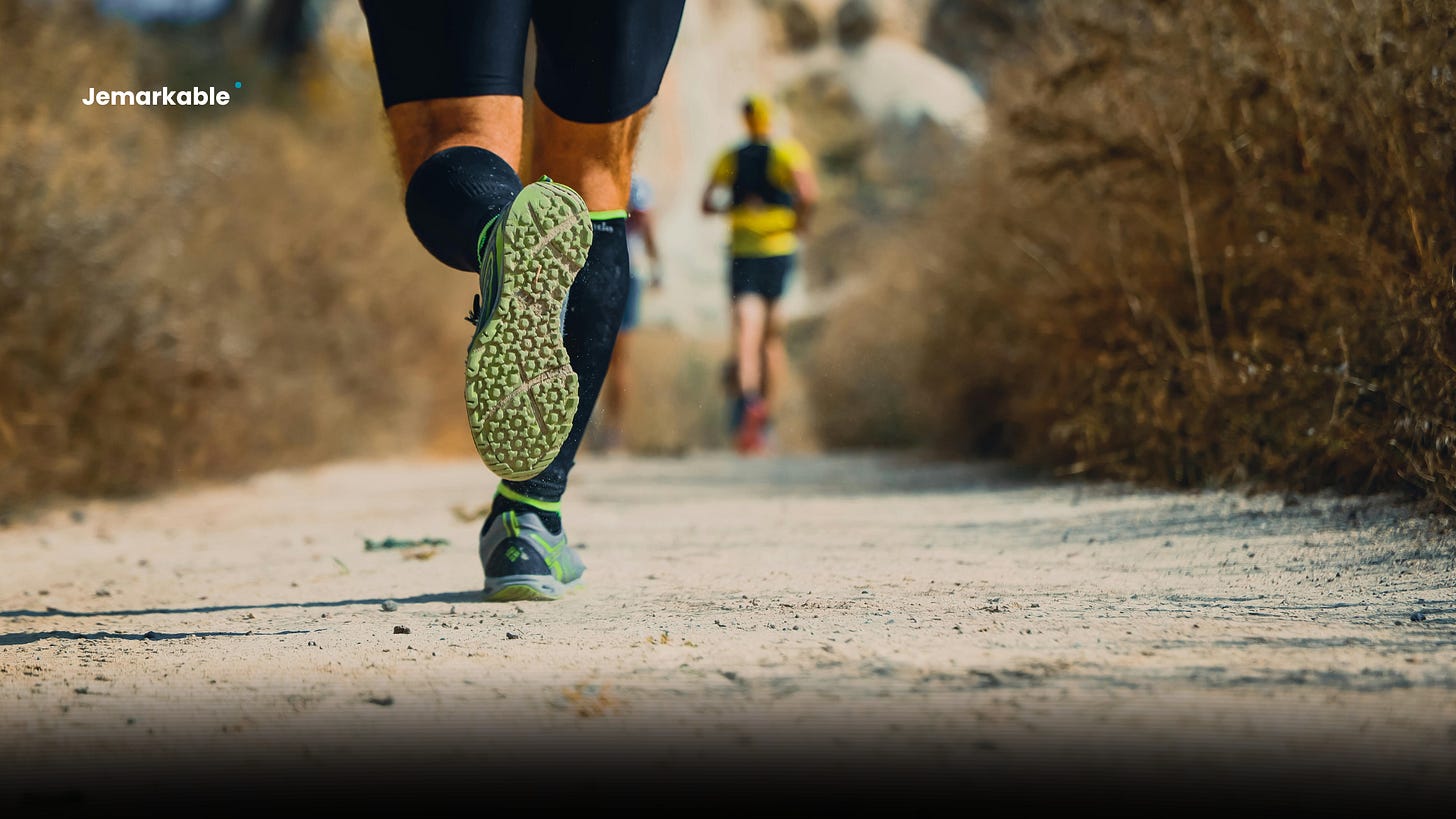In Defense of Late Runners
In races, there are two chances you'll be closely followed by a VIP vehicle: when you're among the top podium finishers, or when you're the last one to sweep the roads — an ambulance followed me once.
Flights booked. Accommodations booked. Race ticket booked. Knees? Questionable.
”As long as I’m not the super last person to finish the race”. That’s what I tell myself when I‘m lagging behind. Until there came a point when I did became the last man.
Not the last man standing, rather, the last man running.
One step at a time.
Left, right, left, right.
Repeat, more than twenty thousand steps to go.
Every second that the ambulance is behind, it’s a reminder of a failure, slapping me that this is a losing game, and we’re just getting started. In this story, even though I am the tortoise outran by thousands of hares, the happily ever after would definitely not exist.
”Finally, I can now rest,” said the auntie policewoman who served as security ushers that morning. Honestly, her feelings were valid, I can’t blame her for hating the last man running, for wondering why did they even wake up so early just to watch over slow walkers who can just simply take the ambulance behind, and end everyone’s suffering.
There were dozens of ushers in the same intersection, I didn’t want to look into anyone’s eyes, it’s dehumanizing. Honestly, I didn’t want this story to come out, it feels like I am exposing myself once again to more of those eyes. How can someone behind be even bold enough to write about it?
Even beyond running, it feels awful to be visibly behind. Some of us had a much later starting line, some of us were silently carrying invisible emotional baggages, some of us mask burnout with a smile.
A hundred meters to the finish line I saw someone with medals. “You can do it, final push!,” he cheered.
Somehow, there’s faith in humanity. Somehow, it’s a little bit less embarrassing. Somehow, it eased up the overwhelming shame.
The next time I ran, I particularly know when someone is also experiencing the same knee pain as me. I looked at ambulance-followed runners as runners of mental fortitude. Without words, somehow, I knew they had a story to tell. More than their alibi on why they are behind, it’s about why they painfully pushed through and why they laced up their shoe in the first place — without words, I knew, I’ve been in their shoes.



